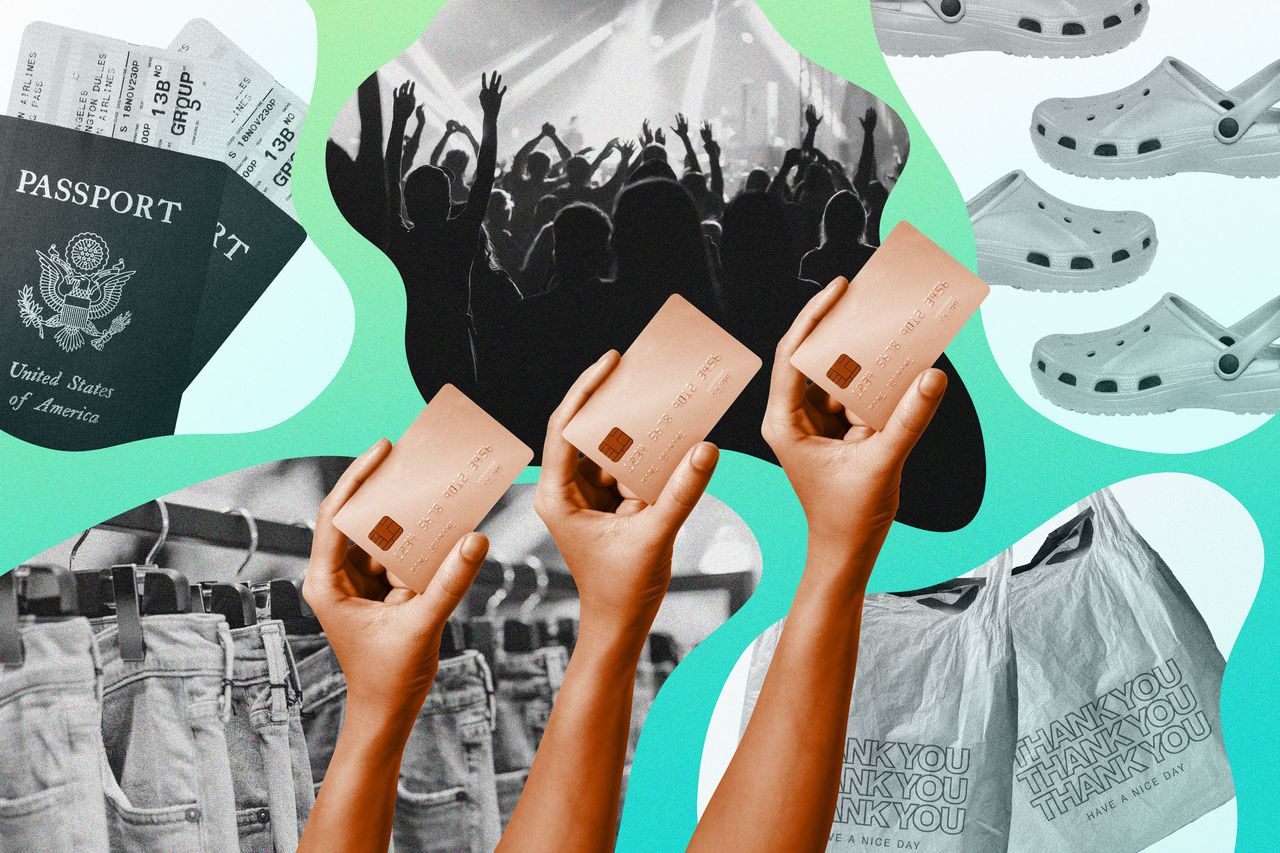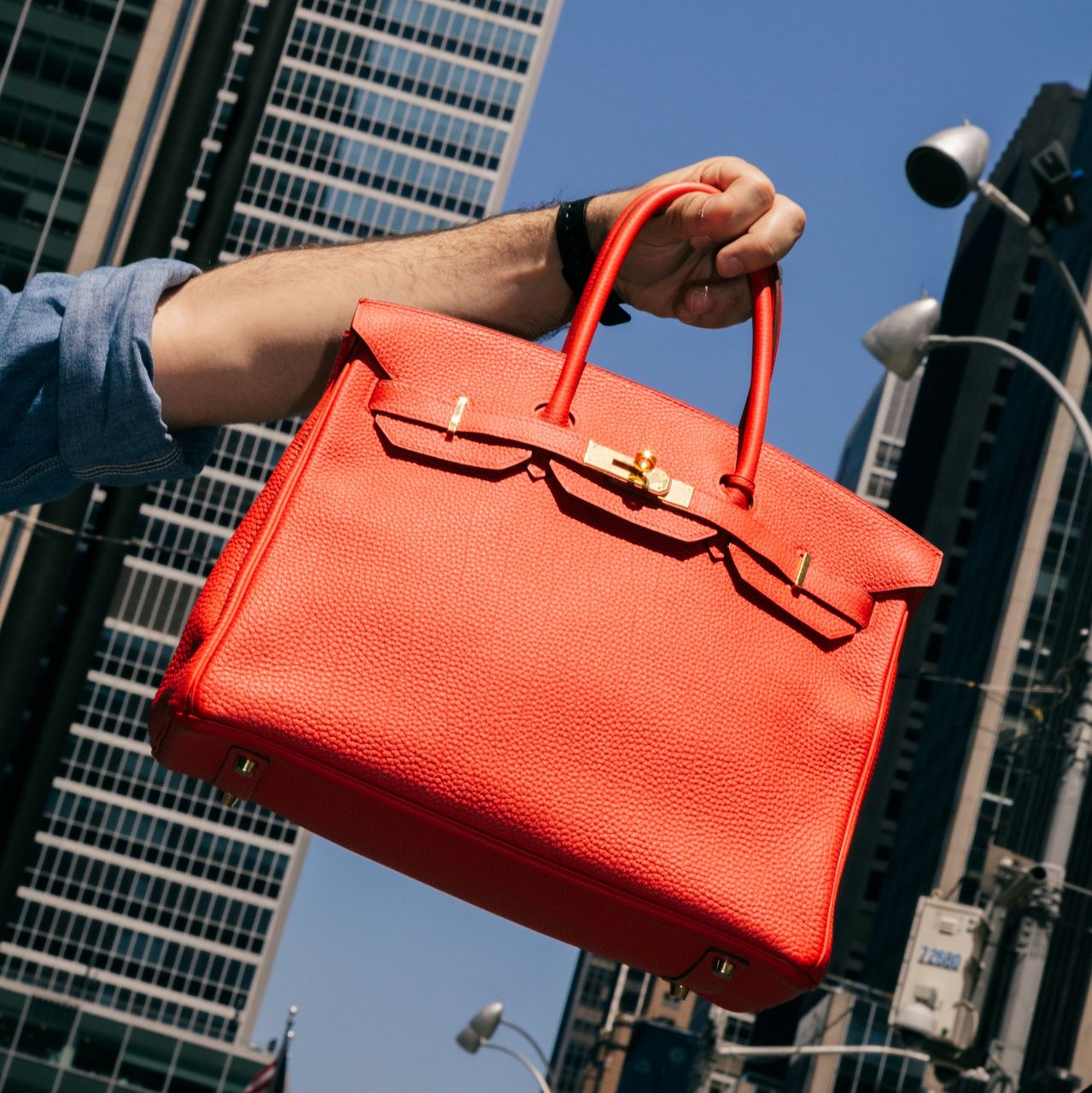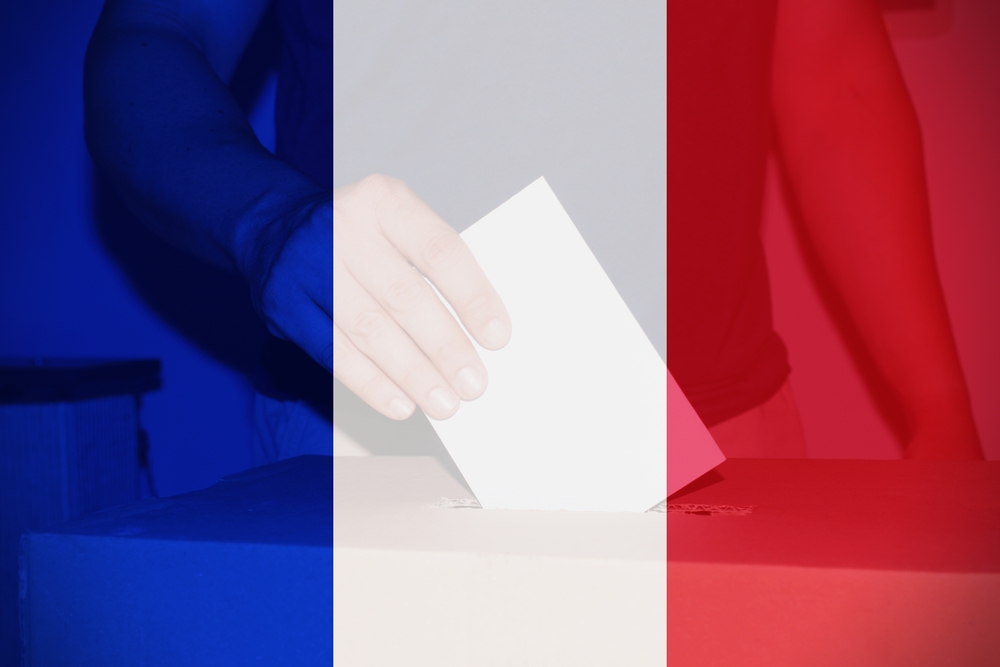They Can’t Even: A Generation Avoids Facing Its Finances
Pandemic whiplash and inflation make managing a budget a challenge for young people
Many young adults overwhelmed by financial stress cope by ignoring the problem.
Some tune out bank and credit-card balances, lose track of their spending and rack up debt. Average credit-card debt rose 29% to $5,800 in March from a year earlier for millennials and increased 40% to $2,800 for Gen Z, Credit Karma said. Younger people were also more likely to have paid late fees or taken advances from their credit cards, a survey from NerdWallet found.
Psychologists call these behaviours financial avoidance and say it is a typical habit among younger people in any era.
But the pandemic’s economic whiplash followed by high inflation is making such avoidance more common, say economists and financial advisers. The consequences of ignoring bank and credit-card accounts include overspending, damaged credit and deep debt. Millennials in their 30s had the steepest increase in debt of any age group since the pandemic. Avoidance can complicate later milestones, such as buying a home or retiring.
Spending tends to be more satisfying than budgeting or tracking your expenses, “even if cognitively you know it’s not really the healthiest coping choice to engage in,” said Dr. Vaile Wright, a senior director at the American Psychological Association, who studies stress and anxiety.
Avoidance is a common coping mechanism for all forms of anxiety. Someone with social anxiety avoids parties. Someone with a fear of heights may avoid getting on a plane. The APA’s Stress in America 2022 survey found that 83% of adults reported inflation as a source of stress.
James Gay, 22, said he is reckoning with the effects of his financial avoidance since the pandemic.
In 2020, Mr. Gay moved from Mayo, Fla., to Tallahassee to attend Florida State University, sharing a three-bedroom apartment with two friends. With everything closed and his classes completely online, he said he ordered from DoorDash instead of cooking and shopped online to counter his uncertainty and boredom.
“That was my outlet to really enjoy my college experience,” he said.
He developed a particular affinity for Crocs, and now owns about 15 pairs.
“My budgeting plan was very loose,” said Mr. Gay, who was also responsible for his own health insurance, phone bill, utilities and car maintenance. “Sometimes I’d forget about the bills.”
He dipped into his savings to cover rent and utilities. Mr. Gay eventually received a call from his father, who had checked his credit-card account and saw he had used 90% of his $500 limit. After that he changed his ways.
Avoidance seems greatest among Gen Zs and millennials, a survey last month by Credit Karma suggests: 28% in each of those generations said they often or always feel a sense of financial dissociation. That is compared with 4% of baby boomers or older Americans.
“Our culture is really big on overconsumption. We’re constantly spending on things just to self-soothe,” said Alexis Howard, a 28-year-old financial adviser at Mariner Wealth Advisors in Emeryville, Calif.
Ms. Howard noticed this in her own spending behaviour. She ordered clothes and furniture on Amazon during the pandemic, small purchases that would snowball into bigger expenses than she realized. At one point she was spending about $500 a month on online shopping and takeout.
This year, she embarked on a challenge to keep her discretionary spending under $50 monthly. As a financial adviser, she said she knows how easy it can be to lose sight of bigger goals.
“People are really just prioritising happiness, and a lot of folks see happiness in traveling, eating out but simultaneously value larger long term goals like owning a home and retiring with wealth,” Ms. Howard said.
Young adults with lower-wage jobs may avoid budgeting and checking their bills because it makes them feel helpless, said Abigail Sussman, a professor of marketing at the University of Chicago’s Booth School of Business.
“If you feel like you’re really behind, then budgeting also is a reminder of how behind you are,” Prof. Sussman said. “If you set goals that are too high, it can be demotivating.”
It can also help to review what you spent in the past month with a financial buddy, said Jeff Kreisler, head of behavioural science at J.P. Morgan Private Bank. This should be someone who isn’t a romantic partner or family member but whom you trust enough to talk through certain purchases.
“It’s forcing yourself to examine your own decisions,” Mr. Kreisler said.
He recommends setting financial goals with friends. For example, if you are planning on going on vacation with someone, you can both agree to set aside $50 each week for the trip for the next four months, he said. That way, you are both holding each other accountable.
 Copyright 2020, Dow Jones & Company, Inc. All Rights Reserved Worldwide. LEARN MORE
Copyright 2020, Dow Jones & Company, Inc. All Rights Reserved Worldwide. LEARN MORE
This stylish family home combines a classic palette and finishes with a flexible floorplan
Just 55 minutes from Sydney, make this your creative getaway located in the majestic Hawkesbury region.
Continued stagflation and cost of living pressures are causing couples to think twice about starting a family, new data has revealed, with long term impacts expected
Australia is in the midst of a ‘baby recession’ with preliminary estimates showing the number of births in 2023 fell by more than four percent to the lowest level since 2006, according to KPMG. The consultancy firm says this reflects the impact of cost-of-living pressures on the feasibility of younger Australians starting a family.
KPMG estimates that 289,100 babies were born in 2023. This compares to 300,684 babies in 2022 and 309,996 in 2021, according to the Australian Bureau of Statistics (ABS). KPMG urban economist Terry Rawnsley said weak economic growth often leads to a reduced number of births. In 2023, ABS data shows gross domestic product (GDP) fell to 1.5 percent. Despite the population growing by 2.5 percent in 2023, GDP on a per capita basis went into negative territory, down one percent over the 12 months.
“Birth rates provide insight into long-term population growth as well as the current confidence of Australian families,” said Mr Rawnsley. “We haven’t seen such a sharp drop in births in Australia since the period of economic stagflation in the 1970s, which coincided with the initial widespread adoption of the contraceptive pill.”
Mr Rawnsley said many Australian couples delayed starting a family while the pandemic played out in 2020. The number of births fell from 305,832 in 2019 to 294,369 in 2020. Then in 2021, strong employment and vast amounts of stimulus money, along with high household savings due to lockdowns, gave couples better financial means to have a baby. This led to a rebound in births.
However, the re-opening of the global economy in 2022 led to soaring inflation. By the start of 2023, the Australian consumer price index (CPI) had risen to its highest level since 1990 at 7.8 percent per annum. By that stage, the Reserve Bank had already commenced an aggressive rate-hiking strategy to fight inflation and had raised the cash rate every month between May and December 2022.
Five more rate hikes during 2023 put further pressure on couples with mortgages and put the brakes on family formation. “This combination of the pandemic and rapid economic changes explains the spike and subsequent sharp decline in birth rates we have observed over the past four years,” Mr Rawnsley said.
The impact of high costs of living on couples’ decision to have a baby is highlighted in births data for the capital cities. KPMG estimates there were 60,860 births in Sydney in 2023, down 8.6 percent from 2019. There were 56,270 births in Melbourne, down 7.3 percent. In Perth, there were 25,020 births, down 6 percent, while in Brisbane there were 30,250 births, down 4.3 percent. Canberra was the only capital city where there was no fall in the number of births in 2023 compared to 2019.
“CPI growth in Canberra has been slightly subdued compared to that in other major cities, and the economic outlook has remained strong,” Mr Rawnsley said. “This means families have not been hurting as much as those in other capital cities, and in turn, we’ve seen a stabilisation of births in the ACT.”
This stylish family home combines a classic palette and finishes with a flexible floorplan
Just 55 minutes from Sydney, make this your creative getaway located in the majestic Hawkesbury region.






















